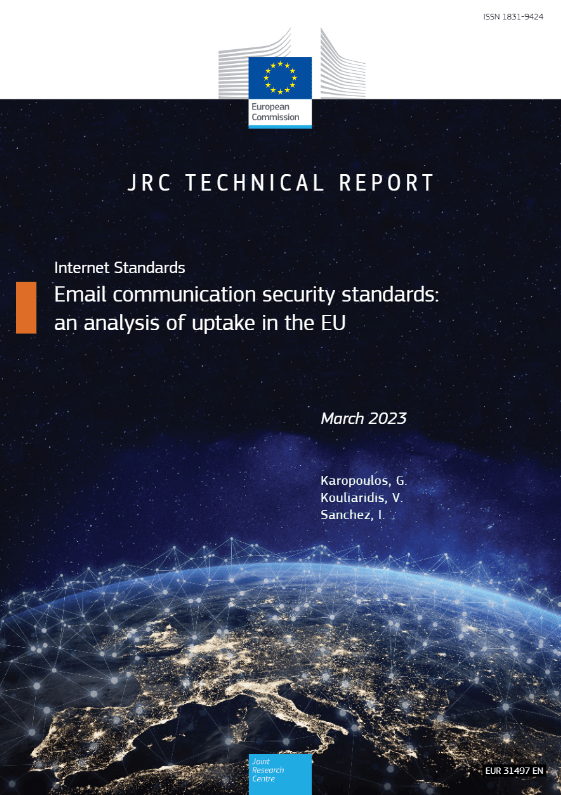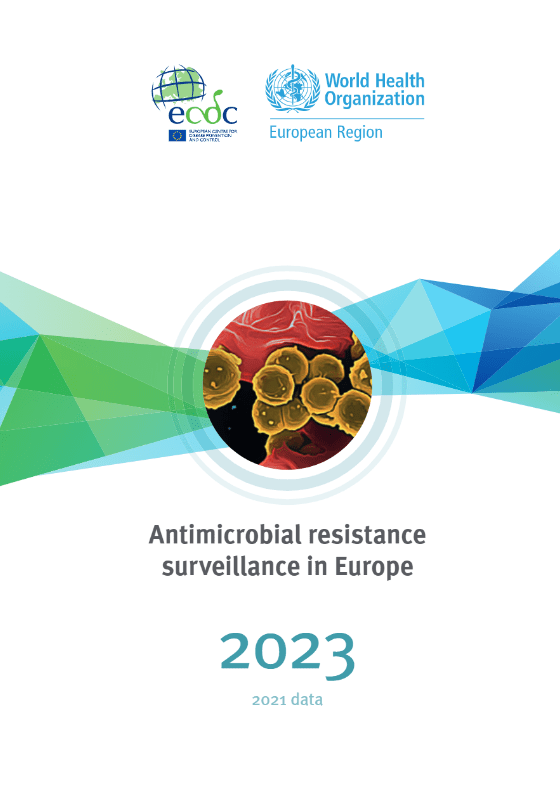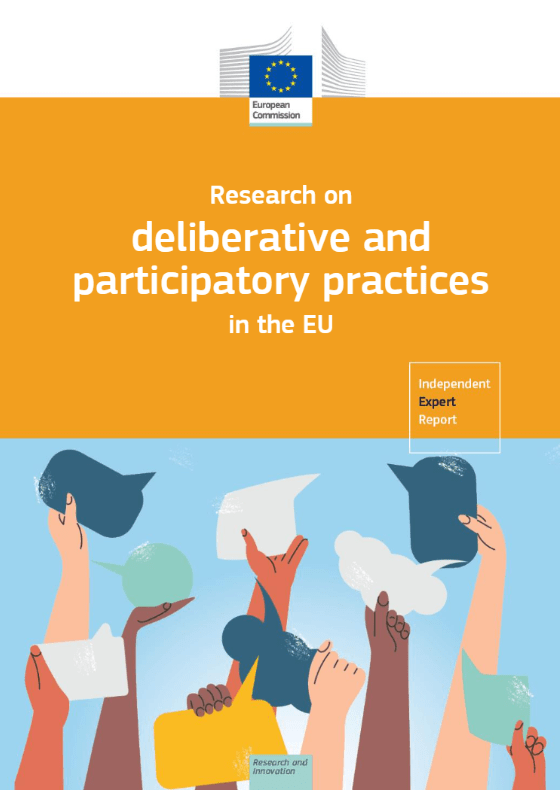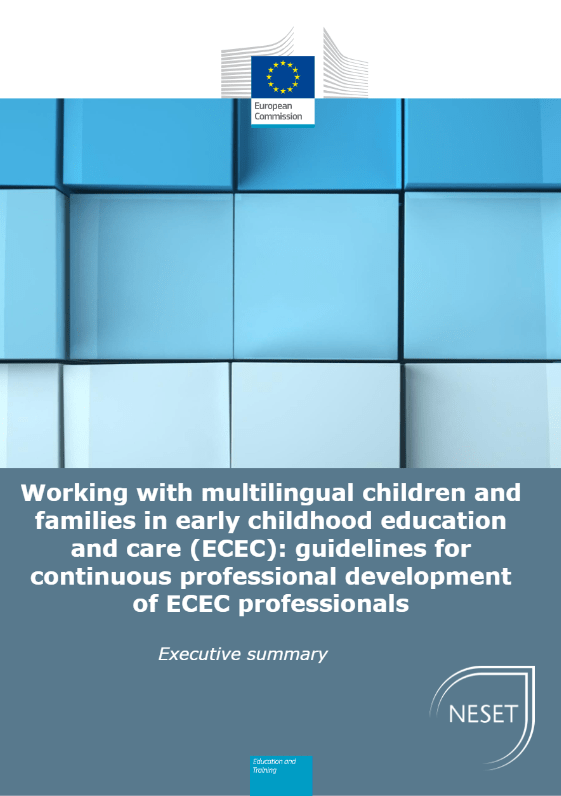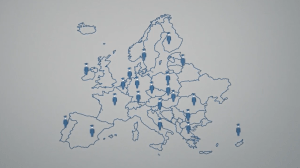
CDE Almería - Centro de Documentación Europea - Universidad de Almería
Centro de Documentación Europea de la Universidad de Almería
Derecho
Legislación, Jurisprudencia, Tratados y Sumarios de Legislación sobre las principales áreas de la política comunitaria. Contiene también las últimas noticias, mediateca y boletines relacionados con la materia.
Estás aquí: Fondo Digital CDE > Derecho

Ensuring the interoperability and security of email communications is one of the cornerstones of a resilient and open Internet. In this context, the wide adoption of key Internet security standards, such as StartTLS, SPF, DKIM, DMARC, DANE and DNSSEC, is essential for a safe cyberspace for everyone. This report assesses the level of uptake of the above set of standards in Q1 2023 across EU Member States, comparing it to the global status. The analysis uses data from publicly available data sources and assessment tools, as well as from measurements conducted by the European Commission’s Joint Research Centre. Our findings show that the averagelevel of adoption of all standards is similar to previous measurement periods (Q1 and Q2 2022), with StartTLS, SPF and DKIM having high adoption rates in the EU (ranging from about 70 to 95%), DMARC following with medium adoption (around 50%), and DANE with DNSSEC showing very low uptake, between 1 and 4% respectively.
[Leer Más]The results presented in this report are based on antimicrobial resistance (AMR) data from invasive isolates reported to the Central Asian and European Surveillance of Antimicrobial Resistance (CAESAR) network and the European Antimicrobial Resistance Surveillance Network (EARS-Net) in 2022 (data referring to 2021). In total, 16 countries reported data to CAESAR, while 29 countries, including all of those in the European Union (EU) and two from the European Economic Area (EEA) (Iceland and Norway), reported data to EARS-Net.
[Leer Más]EU institutions are committed to guaranteeing a productive dialogue between citizens and public officials, enabling citizen participation and engagement in policymaking. EU-funded research on deliberative and participatory practices can provide insights for policymakers seeking more and better engagement with citizens. This report pursues two main objectives: to map research on deliberative and participatory practices in the EU, and identify gaps requiring further research, and to make recommendations to policymakers at all levels (EU, national, regional, and local) about possible ways forward. Specifically, the report suggests how to engage better with citizens and how to coordinate, consolidate and expand the implementation of deliberative and participatory practices, considering their multi-level dimensions in a diverse EU. Furthermore, in its conclusion, the report proposes general principles for establishing a European Charter for Citizen Participation (not included in this executive summary), which was a request emanating from the Conference on the Future of Europe.
[Leer Más]An increasing number of children are growing up in environments in which more than one language is spoken. For many of these children, early childhood education and care (ECEC) is often their first contact with the majority language of the country in which they are growing up. This situation adds to the crucial role that ECEC professionals play in children’s education. Children from multilingual families bring an added richness to the ECEC centre. Their full language repertoire is both a resource for the child’s own holistic development, and enriches the learning experiences of the other children. Policy recommendations at European level, as well as the United Nations (UN) Convention on the Rights of the Child advocate for language learning from a young age and promotion of multilingual education in ECEC. However, multilingualism presents specific challenges for ECEC professionals. To support multilingual children and families, ECEC staff must possess complex knowledge, skills and competences, as well as an understanding of child development and early childhood pedagogy. Many ECEC professionals feel an insecurity or lack of experience about working with multilingual children and families. In addition, educational practices are often geared toward monolingualism, and approach diversity and multilingualism as a problem instead of a resource. Multilingual parents (or non-native speakers of the institutional language) may also be uncertain when faced with making choices for their child, and often face barriers to engaging in reciprocal relationships with ECEC professionals.
[Leer Más]This study examines the socio-economic situation of three lignite regions in the process of transitioning out of coal mining: Lusatia in Germany, Wielkopolska in Poland, and Upper Nitra in Slovakia. It assesses the effectiveness of various instruments, factors and approaches in creating quality jobs, employment, and economic growth. The research results suggest that a successful energy transition requires the involvement of all stakeholders, the development of tailored strategies, and the addressing of miners’ identity issues. The study provides general recommendations for a just energy transition, such as aligning strategies across scales of government, investing in skills and training, and providing adequate funding.
[Leer Más]Control de la adquisicion y posesion de armas
[Leer Más]- « Anterior
- 1
- …
- 60
- 61
- 62
- 63
- 64
- …
- 1.504
- Siguiente »
